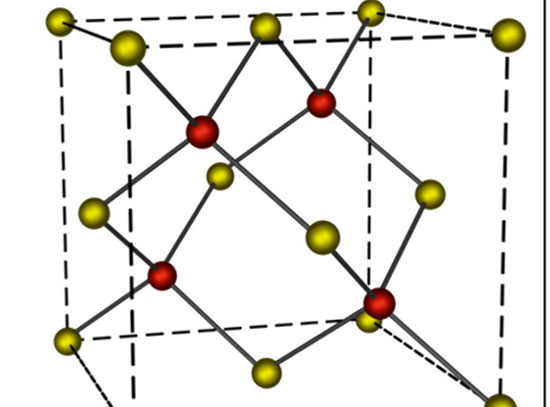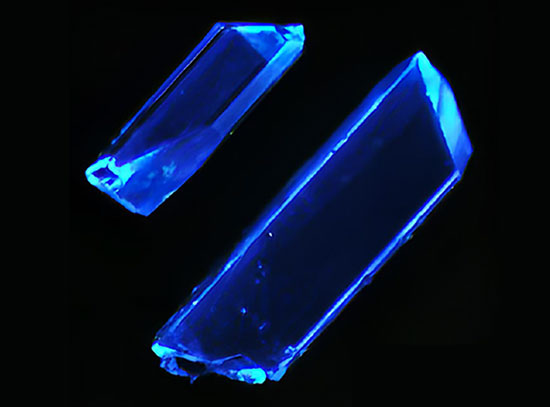- Home
- Facilities
- Research
-
Working at CFN
- Arrival & Departure
- Reports & Publications
- Acknowledging Use of CFN Facilities
- Data Management
- The Guide to Brookhaven
Safety Procedures
- Operations Plan
- Experimental Safety Reviews (ESR)
- COSA Training
- Hours of Operation
- Laser System Qualification
- Transport of Hazardous Materials
- Vendor On-site Scheduling Procedure (PDF)
- Electrical Equipment Inspections
- News & Events
- People
- Jobs
- Contact
- Business
- Intranet
Soft and Bio Nanomaterials
Directing the assembly of organic, inorganic, and hybrid nanomaterials
Creating nanomaterials by design is one of today’s major scientific challenges. Through our research program in soft and bio nanomaterials, we devise synthesis and self-assembly approaches for rationally fabricating nanoparticles with desired functions and organizing them into large-scale architectures. To direct the formation and assembly of organic, inorganic, and hybrid nanomaterials, we leverage soft materials such as surfactants, polymers, and biomolecules. Applying x-ray scattering; scanning probe, electron, and optical microcopy; and spectroscopy, we reveal the organization and functions of these nanomaterials. In-house-developed automated platforms for synthesis and characterization accelerate materials discovery. By realizing nanomaterials with tailored functions, we aim to address limitations in sensing, catalysis, photonics, energy conversion, and information processing.
Associated Group Facilities
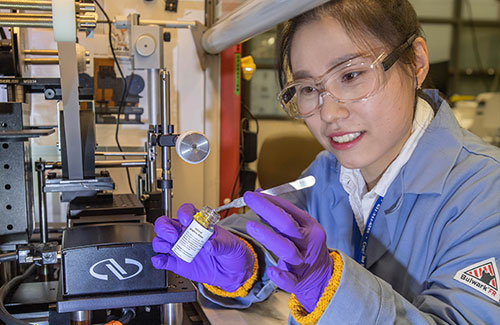
Synthesis and Characterization Facility
Capabilities include techniques and methods required for the synthesis, fabrication and study of novel hybrid structures and functionalities using regulated nanoscale assembly and self-organization approaches. Capabilities and expertise include solution-based synthesis and characterization of a variety of soft, biological, hybrid and inorganic nanomaterials. We utilize the range of x-ray, optical, spectroscopic and scanning probe methods for structure characterization.
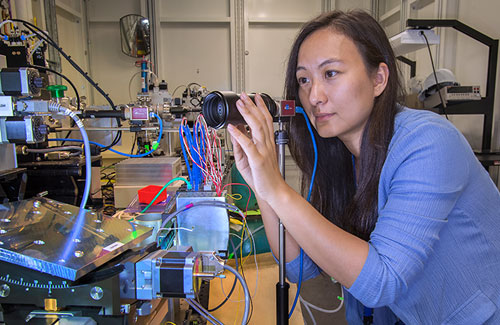
Advanced UV and X-ray Probes
In-situ structural characterization can be performed for surfaces, thin films nanoparticles, biological complexes, nanofabricated structures and hybrid composites under environmental condition.
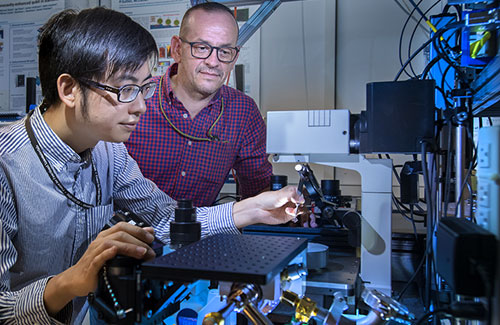
Advanced Optics Spectroscopy & Microscopy
A broad range of optical methods is available for characterization of energy transfer phenomena down to single molecular/particle level. Our capabilities include time- and spectrally resolved bulk/single molecule confocal fluorescence microscopy and fluorescence correlation spectroscopy.
Soft and Bio Nanomaterials Staff
-

-

-

-

-

-

Dmytro Nykypanchuk
(631) 344-3045, dnykypan@bnl.gov
-





